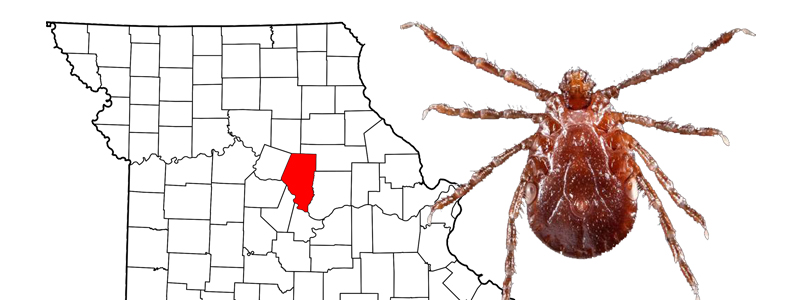BY: SAMANTHA BARTLETT, DVM
The invasive Asian longhorned tick (Haemaphysalis longicornis) has been discovered in Boone County by University of Missouri College of Veterinary Medicine researchers. The finding is significant, because the longhorned tick has the potential to cause millions of dollars in agricultural damage particularly to cattle and can also transmit disease to humans.
This species of tick is known to cause large infestations on livestock. In addition, the ticks are known in other countries to carry disease causing agents such as anaplasma, babesia, ehrlichia, theileria, and rickettsia in addition to viruses. Many of these infections cause anemia resulting in weight loss, lethargy, liver disease, miscarriage and death.
Longhorned ticks reproduce asexually and can lay thousands of eggs quickly populating new areas. Many of University researchers urge farmers to be vigilant and remain committed to monitoring the tick populations in the state. Any livestock producer in Missouri who notices signs of theileriosis in their cattle should contact their veterinarian or the University of Missouri Veterinary Diagnostic Lab.






